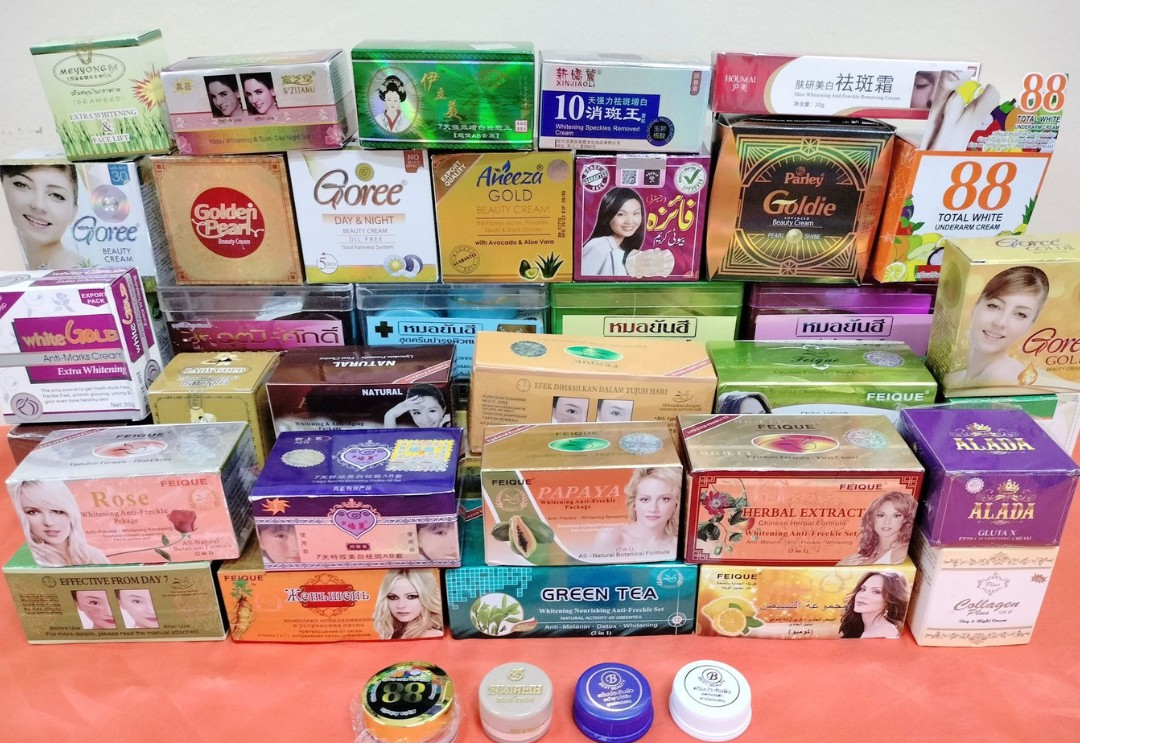
By Ma. Teresa Montemayor | Philippine News Agency
An advocacy group promoting sound chemicals and waste management has called on online shopping platforms to discontinue the sale of banned, mercury-added skin-lightening products.
In a news release Wednesday, BAN Toxics said Lazada and Shopee are putting public health at risk through the continued sale of toxic beauty products.
“We urge these e-commerce platforms to strengthen their regulations and immediately remove all mercury-added products,” BAN Toxics campaign and advocacy officer Thony Dizon said.
Earlier, the group conducted online market monitoring and purchased 50 skin-lightening beauty products.
The products were screened, of which 44 tested positive for mercury, with levels ranging from 7 parts per million (ppm) to an alarmingly high 67,400 ppm—exceeding the 1 ppm limit set by the ASEAN Cosmetics Directive.
Ten products with the highest mercury concentrations include Lady Gold Super Whitening Cream (67,400 ppm), Best Beauty Cream – blue container (42,000 ppm), Parley Goldie Beauty Cream (24,900 ppm), Dr. Yanhee Facial Cream Set – blue (23,800 ppm), Dr. Yanhee Facial Cream Set-purple (21,800 ppm), Aneeza Gold Beauty Cream with Avocado & Aloe Vera (18,500 ppm), Goree Day and Night Whitening Cream (17,200 ppm), Dr. Yanhee Facial Cream Set – red (13,100 ppm), Goree Beauty Cream with Lycopene (16,100 ppm), and Goree Gold 24K Beauty Cream (16,000 ppm).
About 25 of the tested products have an existing public health advisory issued by the Food and Drug Administration (FDA) from 2013 to 2024, warning against their sale and use due to mercury content.
FDA reminds consumers to steer clear of sketchy cosmetic products
The FDA issued advisories reiterating the use of substandard and possibly adulterated cosmetics which may lead to adverse reactions, including but not limited to skin irritation, itching, anaphylactic shock, and organ failure.
“Despite these health warnings, it has been ‘business as usual’ for the online shopping platforms, which continue to sell these prohibited products without hesitation,” Dizon said.
“We call on Lazada and Shopee to comply with existing regulations. Every seller, both onsite and online, must act with due diligence to prevent the further spread of mercury poisoning from such products,” he added.
The 2013 Minamata Convention on Mercury, a global treaty to which the Philippines is a party, also bans mercury-added skin-lightening products exceeding the 1 ppm limit.
According to the World Health Organization (WHO), mercury and other hazardous substances in cosmetics can cause kidney damage, skin rashes, discoloration, scarring, increased susceptibility to infections, anxiety, depression, psychosis, and peripheral neuropathy.
Expectant mothers who are exposed to these toxins can transfer them to the developing infant through the placenta and breast milk, leading to lasting health risks.
BAN Toxics also called on the Department of Trade and Industry (DTI) and the FDA to convene a multi-stakeholder conference to address the issue of fraudulent and health-damaging products in online shopping markets.
